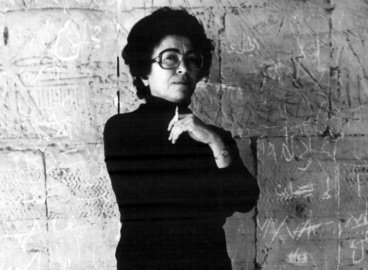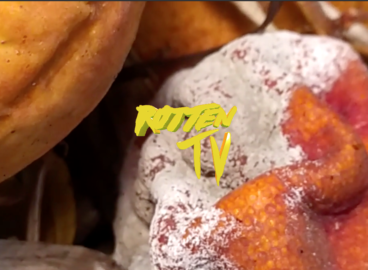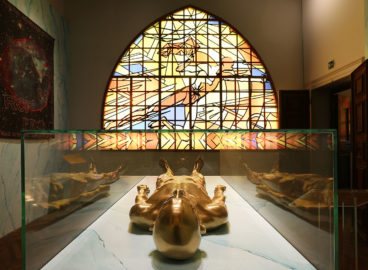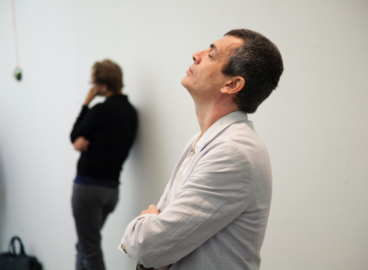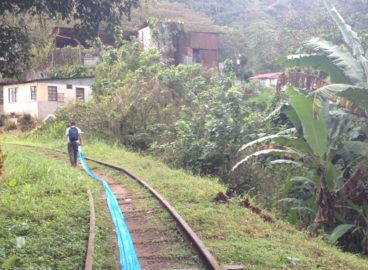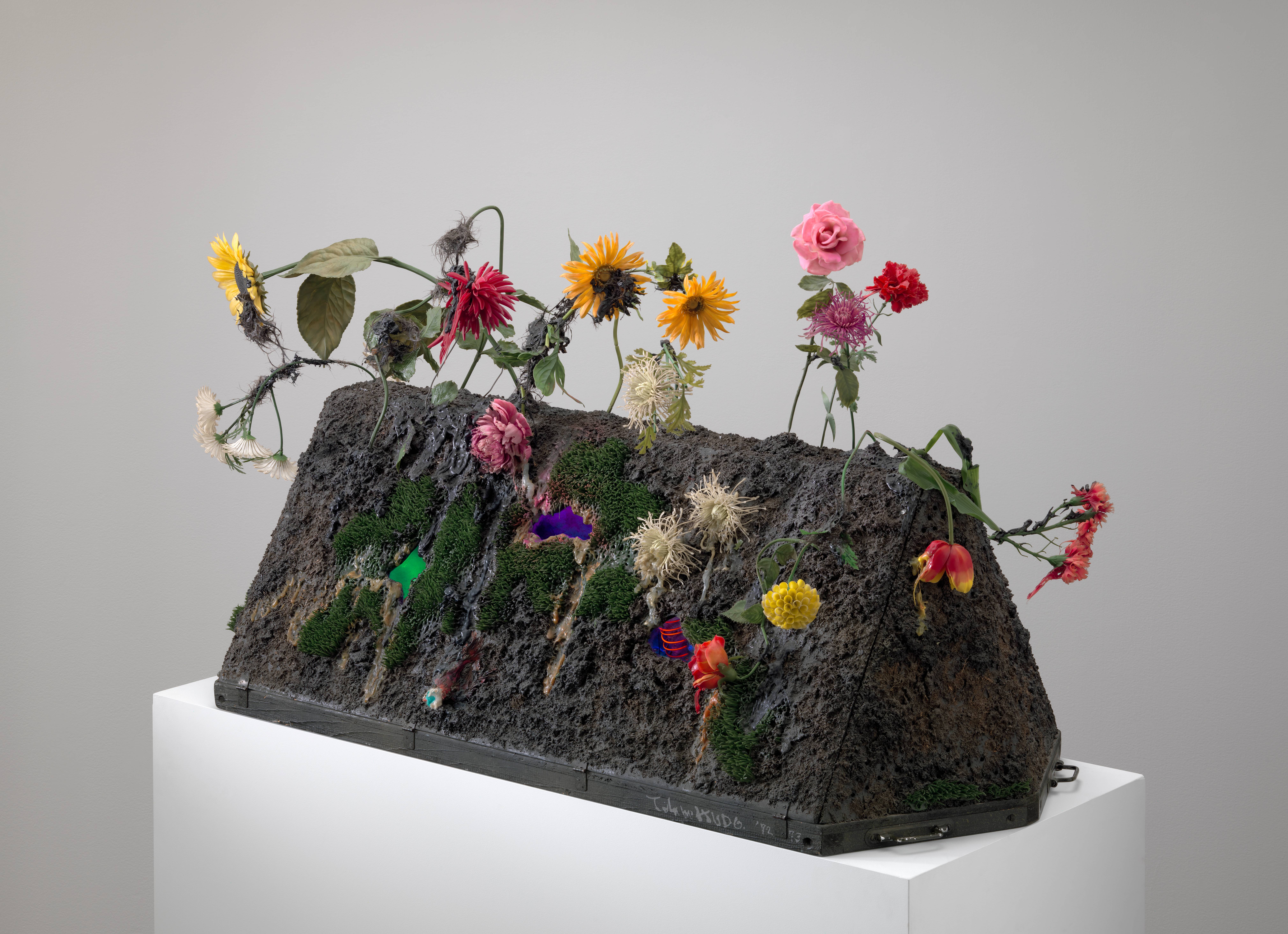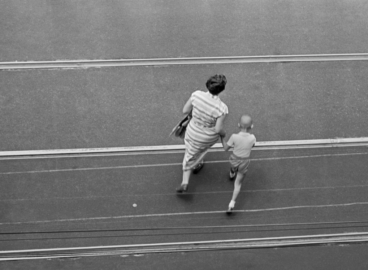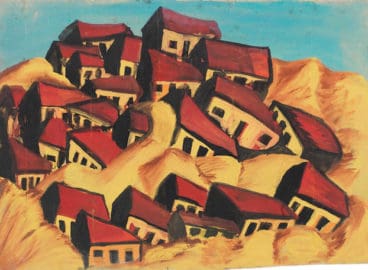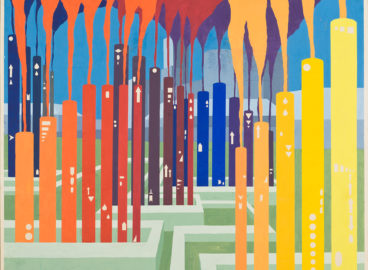Yente’s Object (1946): Strange Presence
A trailblazing figure in the Southern Cone art scene of the middle decades of the 20th century, Yente (Eugenia Crenovich) has, until recently, received little recognition for her critical contributions to abstraction in Argentina. This essay discusses the context in which the artist realized one of her most unusual pieces, Object (1946), a work of art that defies clear alignment with either painting or sculpture.

